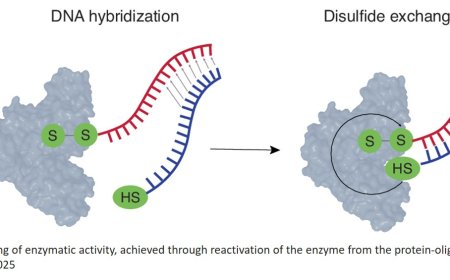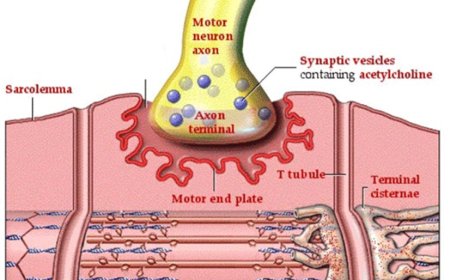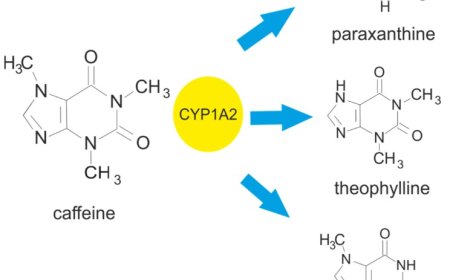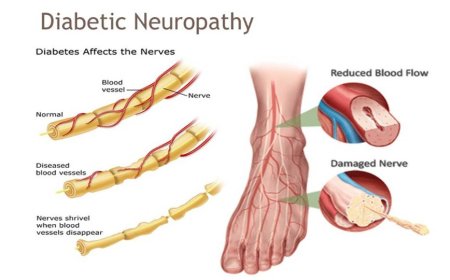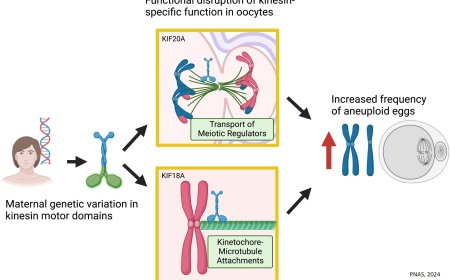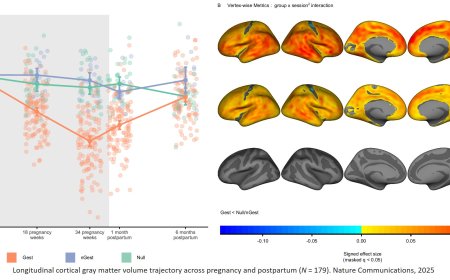A keto diet might benefit females more than males
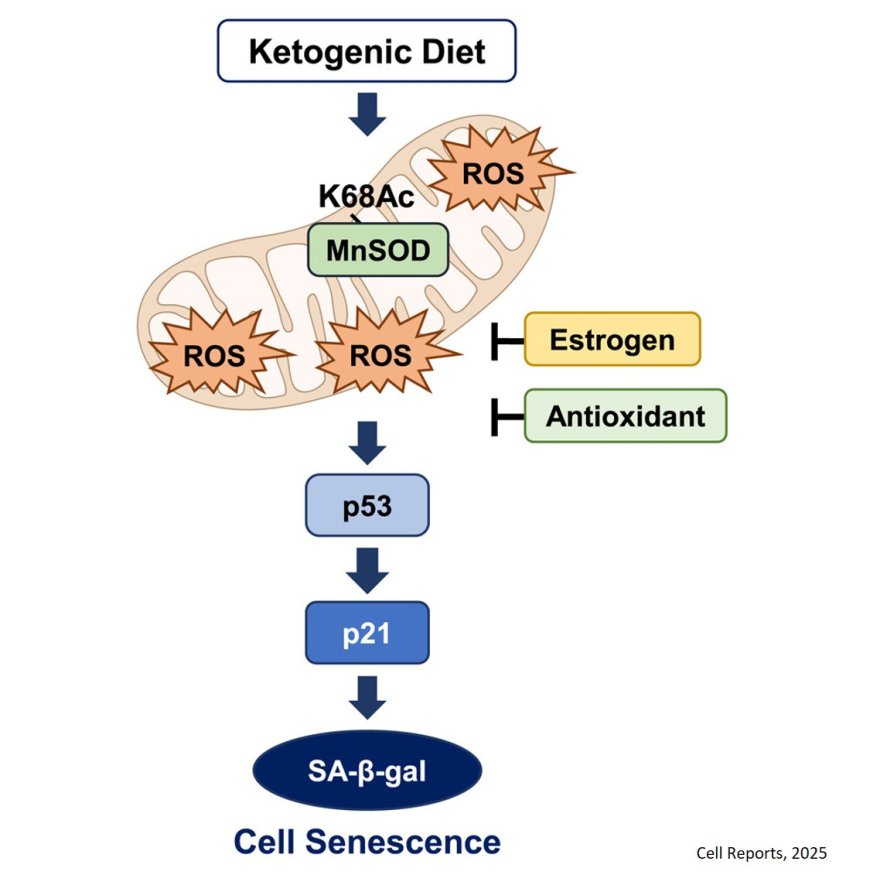
Could a keto diet affect males differently from females? A study suggests so, and estrogen could promote different protections against adverse effects of the diet like the accumulation of cells expressing markers of age, or senescence.
The study, published in the journal Cell Reports, found that male, but not female, mice on a ketogenic diet showed the accumulation of cells in organs expressing markers of cellular senescence. A keto diet is a popular low-carbohydrate, high-fat regimen that can help some Type 2 diabetes patients control blood sugar and those with epilepsy manage seizures. Cells expressing senescence markers can contribute to age-related declines in overall bodily function.
“These results suggest sex specificity alters the effects of a ketogenic diet, with important clinical implications,” said the senior author.
Ketogenic diets induce ketogenesis, the generation of ketone bodies or water-soluble molecules from fat for use as fuel in place of glucose. They have shown benefits in controlling refractory epilepsy and are being investigated as potential therapies for other health conditions.
In the past decades, keto diets also have become popular in North America and Europe for weight loss.
While the diets can improve certain health parameters, evidence from mice and clinical studies suggest the effects may be dependent on multiple variables, including adherence, metabolism and, importantly, sex, suggesting that hormone status may impact response.
The senior author says the role of gender in the response to keto diets has been understudied. One reason is that male mice have been used extensively for in vivo basic and translational research because it was assumed that females would give less consistent results due to variability from the estrous cycle. Recent studies, however, suggest that largely is unfounded.
In the new study, the team observed a keto-diet-induced increase in cellular senescence only in male mice, except when they were given the female hormone estrogen. Male mice on a keto diet also exhibited an increase in markers of oxidative stress, which is known to contribute to senescence in cells.
Notably, the researchers found, estrogen or estradiol treatment prevented increases in cell senescence and oxidated stress in male mice on a keto diet, as did several established antioxidants.
They also observed that when females were administered tamoxifen, a “selective estrogen receptor inhibitor” that blocks the effects of estrogen, they then exhibited an increase in oxidative stress and cells expressing senescence markers, the same as male mice. “These results strongly suggest that estrogen is an important variable in the response to a ketogenic diet,” the senior author said.
The researchers also found that a high-fat diet – comprising more carbohydrates than a keto diet – also induces cellular senescence in male, but not female, mice.
https://www.cell.com/cell-reports/fulltext/S2211-1247(25)00797-1
https://sciencemission.com/Divergent-sex-specific-effects-on-a-ketogenic-diet
